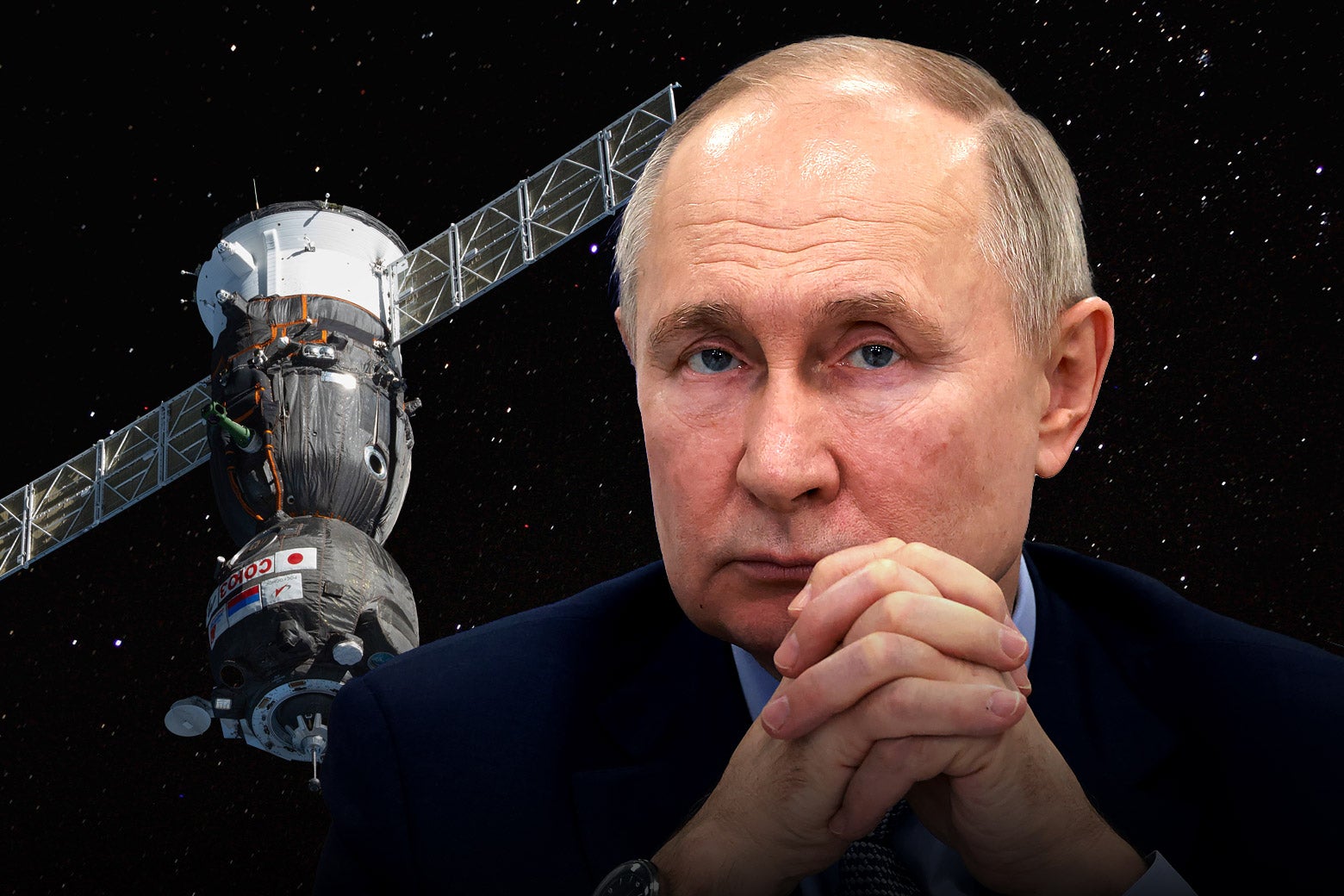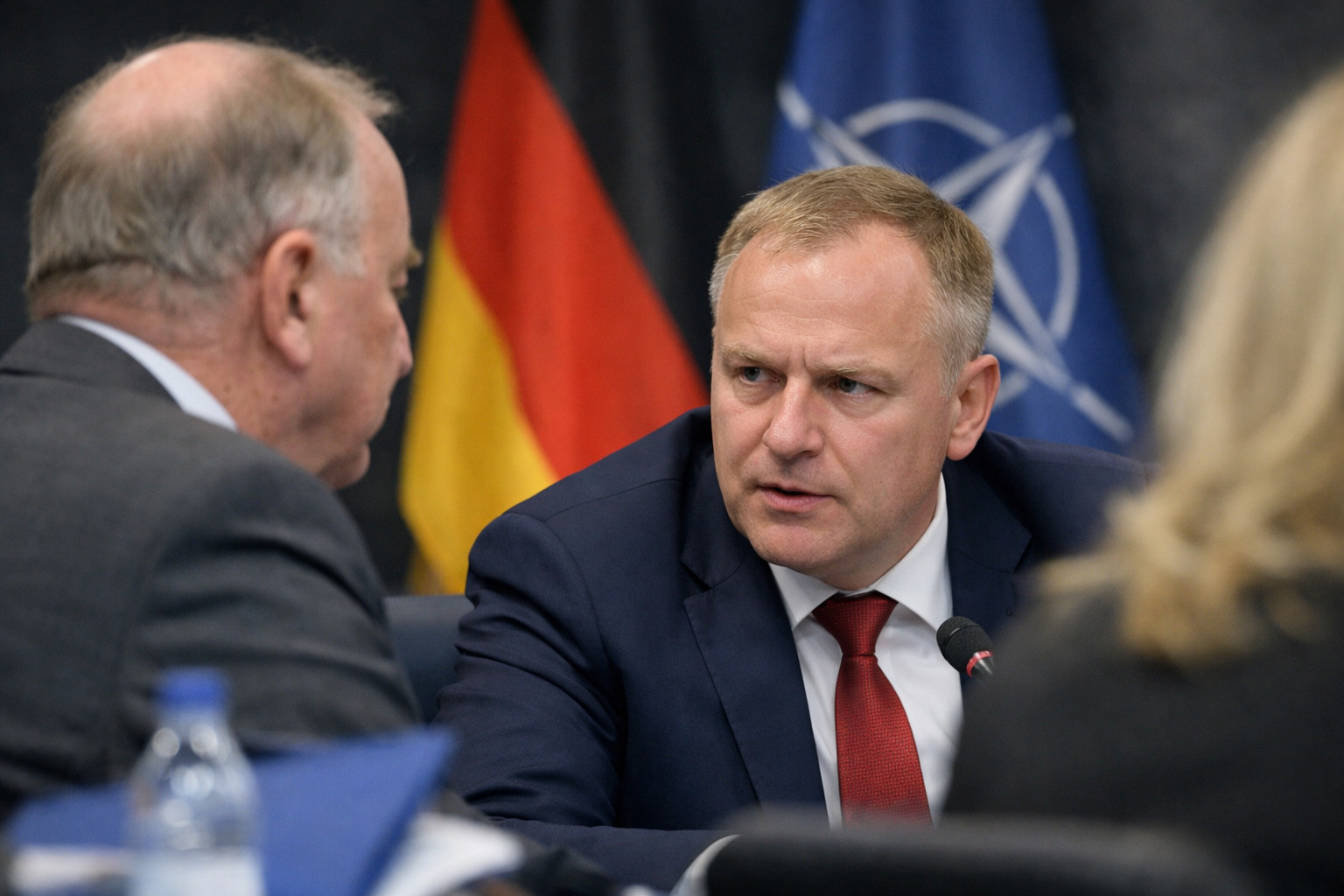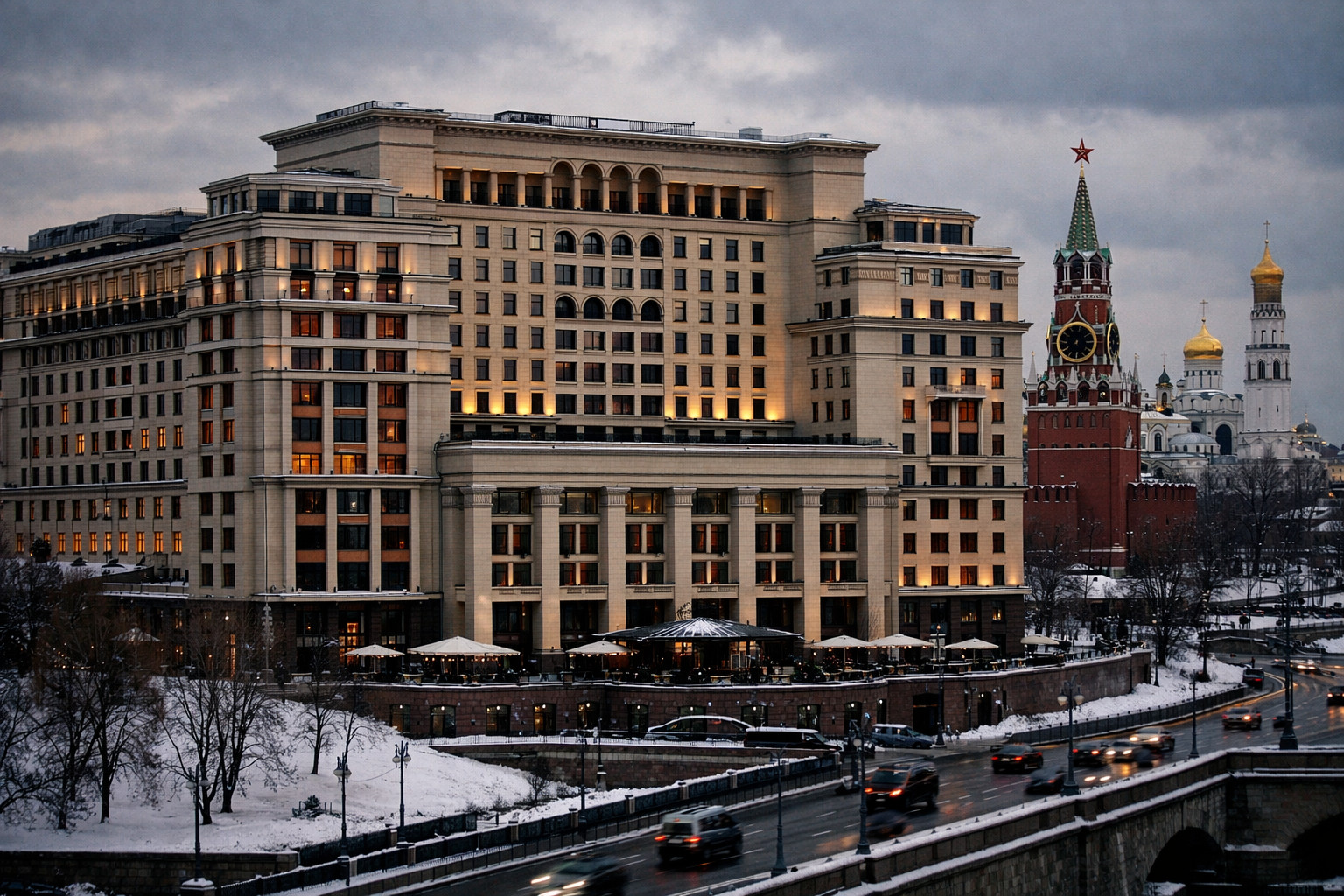An interview published on August 26, 2025 by Meduza with Michelle Hanlon, director of the Center for Air and Space Law at the University of Mississippi, has reignited concerns about the militarization of outer space. Hanlon warned that several states, particularly Russia, are suspected of preparing to deploy nuclear systems in orbit, a move that would dramatically increase global security risks. She emphasized that gaps in international regulation are fueling a potential arms race beyond Earth’s atmosphere.
Rising concerns over militarization of orbit
According to Hanlon, space has long ceased to be a purely peaceful domain. Despite the Outer Space Treaty of 1966, which bans the placement of weapons of mass destruction in orbit, the rapid advancement of technology has outpaced existing rules. Anti-satellite weapons, which the treaty does not explicitly prohibit, have already been tested by Russia, China, and the United States. Russia’s 2021 destruction of a satellite was cited as a dangerous precedent, creating debris that threatens commercial and military satellites vital for communications and navigation.
Strategic implications of nuclear deployment
Washington suspects Moscow may be preparing to orbit nuclear charges, a step that could radically alter the strategic balance and trigger a new arms race. Analysts warn that attacks on satellites could cripple critical infrastructure, undermining civilian services and military operations alike. Russia, meanwhile, claims that it is the United States which is militarizing space, a narrative designed to justify its own programs while deepening mistrust among major powers.
Legal gaps and geopolitical tensions
The Outer Space Treaty provides only partial safeguards, banning weapons of mass destruction but leaving loopholes on testing and deployment of anti-satellite systems. This allows Russia and others to conduct military experiments without formally breaching international law, while still raising the risk of escalation. The absence of updated binding agreements leaves space vulnerable to unchecked competition, with potential collisions, deliberate strikes, or uncontrolled debris threatening access for all nations.
Call for urgent international regulation
Hanlon stressed that clearer and faster agreements are needed to prevent space from becoming a permanent battlefield. The development of norms and principles often takes years, while military technology advances rapidly. Without consensus among leading space powers, the militarization of orbit could not only endanger global security but also undermine humanity’s ability to continue expanding its presence in space.













